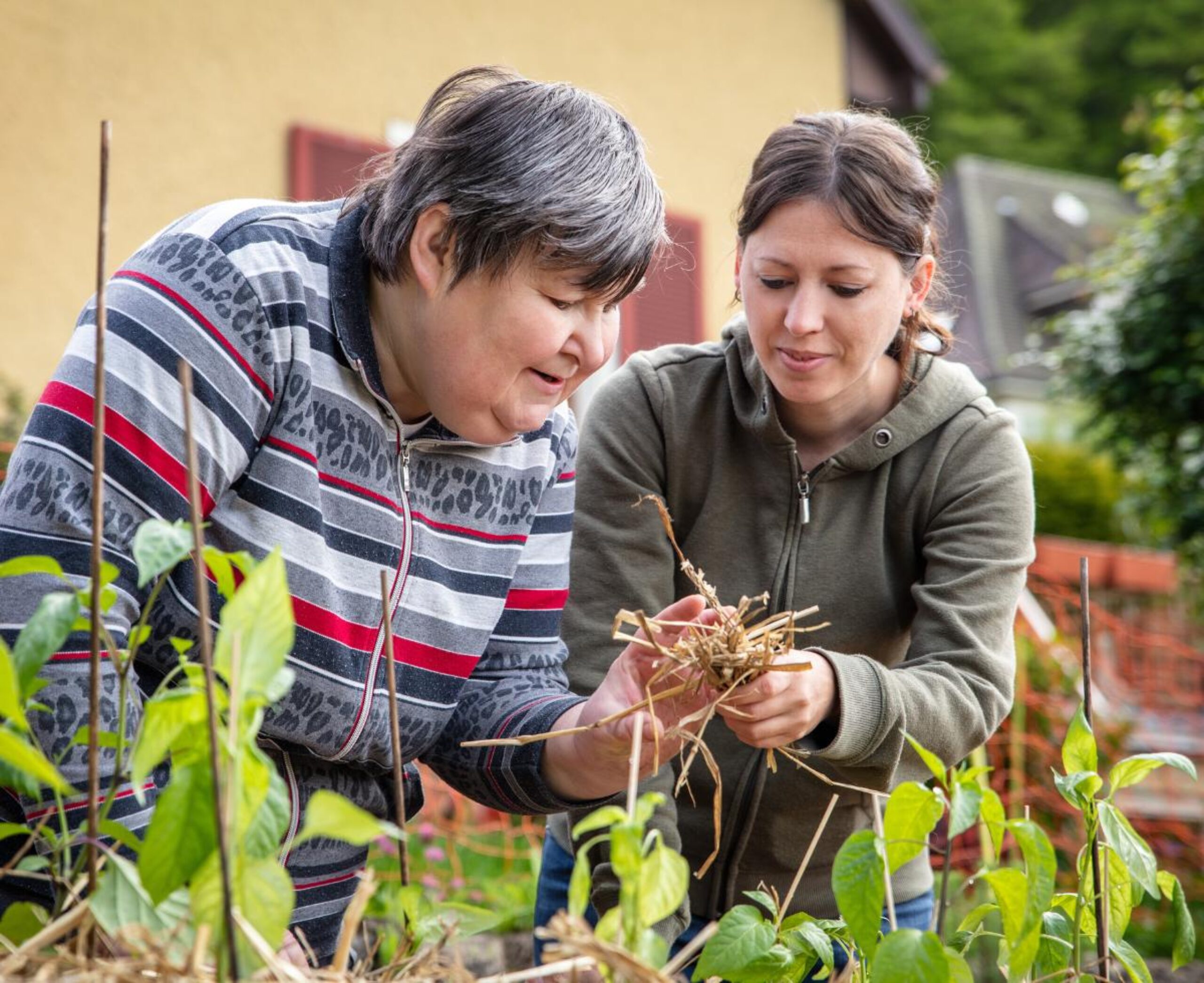Progress your career in social care, supporting the needs of communities, families and individuals, providing services for children, families, older people and those with mental and physical health problems.

Progressing a career in social care in the UK involves gaining experience, qualifications, and skills that align with both frontline and leadership roles.
Soft skills that accelerate a career in social care:
-
Leadership and Teamwork
-
Conflict Resolution
-
Empathy and Communication
-
Time Management
-
Report Writing and IT Skills
Here’s an overview of typical career progression in Adult and Children Social Care (Fostering, Specialist Education, Adult Social Care and Learning Disabilities, Further Education):
Entry-Level Roles in Social Care
Healthcare Assistant / Care Assistant
A Healthcare Assistant (HCA) or Care Assistant in adult social care provides essential support to individuals who need help with daily activities due to age, illness, or disability. Their duties include assisting with personal care (such as bathing, dressing, and feeding), supporting mobility, monitoring health conditions, administering medication, and offering emotional support. They work in care homes, hospitals, or clients’ homes, helping to enhance the quality of life for those they care for.
The average salary for a Healthcare or Care Assistant typically ranges from £20,000 to £25,000 per year. This can vary based on location, experience, and the specific employer, with entry-level positions starting lower and more experienced roles earning more.
Support Worker
A Support Worker assists vulnerable adults, such as the elderly or those with physical or learning disabilities, in their day-to-day lives. They provide personal care, help with household tasks, offer emotional support, and assist with activities that promote independence and well-being. Support workers often work in care homes, supported living environments, or within the community, and their responsibilities can include helping with medication, arranging social activities, and liaising with other health professionals.
The average salary for a Support Worker in adult social care typically ranges from £19,000 to £25,000 per year, depending on experience, location, and specific duties.
Entry roles typically require no formal qualifications, though a caring nature and good communication skills are essential. Many employers offer on-the-job training and apprenticeships which are great for career progression in this space.
Relevant qualifications to progress your career in Social Care
-
Care Certificate (required in many entry-level roles): Covers basic standards expected in health and social care.
-
Level 2 Diploma in Care (RQF) – for care workers.
-
Level 3 Diploma in Adult Care – for senior care workers or team leaders.
Intermediate Roles in Social Care
Deputy Manager
A Deputy Manager in adult social care supports the management of care services, working closely with the Registered Manager to ensure the smooth day-to-day running of care homes or community-based services. Their duties include overseeing staff, ensuring care plans are followed, maintaining compliance with regulatory standards, managing budgets, and addressing the needs of residents or service users. They may also step in to handle managerial responsibilities in the absence of the Registered Manager.
The average salary for a Deputy Manager in adult social care typically ranges from £25,000 to £35,000 per year, with higher earnings possible in larger organisations or more specialised care settings. Experience and location can also impact salary levels.
Senior Support Worker
A Senior Support Worker plays a key role in providing hands-on care and support to adults with varying needs, such as those with physical disabilities, learning difficulties, or mental health issues. They assist with daily living activities, promote independence, and ensure the wellbeing of service users. In addition to direct care, Senior Support Workers often supervise other care staff, handle administrative tasks, and help implement care plans to meet individual needs.
The average salary for a Senior Support Worker ranges from £22,000 to £28,000 per year, depending on experience, location, and the specific care setting. Some positions may offer higher pay for additional responsibilities or specialised skills.
Team Leader
A Team Leader in adult social care manages a team of care workers who provide support to adults with various needs, such as the elderly or those with disabilities. Their responsibilities include supervising staff, coordinating care plans, ensuring high standards of service delivery, and maintaining compliance with health and safety regulations. Team Leaders also provide guidance to their team, help with staff development, and ensure that the needs of individuals under care are met effectively.
The average salary for a Team Leader in adult social care typically ranges from £25,000 to £35,000 per year, depending on experience, location, and the specific care setting.

Advanced Roles in Social Care
Registered Manager
A Registered Manager oversees the day-to-day operations of care services, such as residential care homes, nursing homes, or home care agencies. Their key responsibilities include ensuring high-quality care, compliance with regulations, managing staff, safeguarding clients, and handling budgeting and administrative tasks. They ensure that the care provided meets the standards set by the Care Quality Commission (CQC) in the UK.
The typical salary for a Registered Manager ranges from £30,000 to £50,000 per year, depending on experience, location, and the size of the care setting.
Peripatetic Manager
A Peripatetic Manager in adult social care is a manager who oversees multiple care homes or facilities on a temporary or as-needed basis. They provide leadership, support, and ensure compliance with care standards, stepping in to manage services during staff absences, transitions, or when improvements are required. Their role is highly flexible, requiring travel between different locations to ensure smooth operations and high-quality care for adults, often in residential or nursing homes.
In the UK, a Peripatetic Manager typically earns between £40,000 and £50,000 per year, with salaries varying based on experience and region.
Service Manager
A Service Manager in adult social care oversees the delivery of care services for adults, particularly those with disabilities, mental health issues, or elderly individuals. They manage teams of care staff, ensure compliance with regulations, and maintain high-quality care standards. Their role involves budgeting, staff training, and coordinating with other agencies to support the needs of service users.
The typical salary for a Service Manager in adult social care ranges from £30,000 to £50,000 per year, depending on experience, location, and the size of the care service.
Multi-Site Manager
A Multi-Site Manager in adult social care oversees the operations of multiple care facilities, such as residential homes or supported living services for adults. They ensure that each site complies with regulations, maintains high care standards, manages staff, and oversees budgets. Their role involves coordinating care, improving service quality, and ensuring that the needs of residents are met across multiple locations.
In the UK, the typical salary for a Multi-Site Manager in adult social care ranges from around £35,000 to £50,000 per year, depending on experience, region, and the size of the organisation.
Supported Living Manager
A Supported Living Manager in adult social care oversees services that help adults with disabilities, mental health issues, or other support needs live independently in their own homes or shared accommodations. Their responsibilities include managing staff, ensuring care plans are followed, and maintaining compliance with health and safety regulations and care standards. They also work closely with external agencies, families, and healthcare providers to ensure the well-being of service users.
The typical salary for a Supported Living Manager ranges from £28,000 to £40,000 per year, with higher pay for more senior or experienced roles.
Locality Manager
A Locality Manager oversees the delivery of care services within a specific geographic area or locality. Their role includes managing staff, ensuring compliance with regulations, maintaining service quality, and working with clients and families to meet individual care needs. They also handle budgeting, resource allocation, and liaise with external agencies to ensure that care standards are met.
The typical salary for a Locality Manager in adult social care ranges from £35,000 to £45,000 per year, with higher earnings possible in more senior or complex roles. Managerial roles in this space require further qualifications such as:
-
-
Level 5 Diploma in Leadership for Health and Social Care and Children and Young People’s Services
-
NVQ Level 5
-
Registration with CQC (Care Quality Commission) required for Registered Manager roles in England.
-
Specialist Care Roles in Adult and Children’s Social Care
Teacher
A teacher in adult social care provides education and training to individuals who work or aspire to work in the adult social care sector. They teach topics such as health and social care practices, safeguarding, care standards, and patient support. Their role often includes developing training programs, delivering courses, and assessing learners’ progress to ensure they are equipped with the necessary skills and knowledge to work in care environments.
The salary for a teacher in adult social care typically ranges from £24,000 to £40,000 per year, depending on experience, location, and the institution they work for.
Head Teacher
A Head Teacher in Adult Social Care is responsible for overseeing the educational and training programmes for adults in social care settings. This role often involves managing staff, developing curricula, and ensuring that adults, such as those with disabilities or elderly individuals, receive appropriate educational or vocational training tailored to their needs. The head teacher works to enhance the skills and independence of adult learners within care facilities.
The typical salary for a Head Teacher in this field can range from £45,000 to £70,000 annually, depending on experience and the size of the organisation.
Social Worker
A Social Worker supports adults who are facing challenges due to age, disability, mental health issues, or other vulnerabilities. They assess individuals’ needs, develop care plans, and connect them with appropriate services like housing, healthcare, or support groups. Their role involves safeguarding vulnerable adults, advocating for their rights, and ensuring their well-being while promoting independence.
A Social Worker in Adult Social Care typically earns between £25,000 and £40,000 annually, with experienced or senior roles potentially earning more.
AHP Positions
Allied Health Professionals (AHPs) in adult social care include a variety of healthcare roles that provide support to adults in community or residential settings. AHPs help individuals maintain or improve their health, independence, and quality of life by offering specialized therapeutic and rehabilitative care.
These positions include:
- Physiotherapists
- Psychotherapists (CBT, Clinical, Art, Dance Movement, Yoga, Drama, Integrative, Music)
- Dietitians
- Speech and Language Therapists
- Psychologists (Clinical, Education, Forensic, Counselling)
- Occupational Therapists
- Paramedics
Typical salaries for AHPs in adult social care vary based on role, experience, and location. Salaries generally range from £30,000 to £45,000, with senior or highly specialised positions earning more, sometimes exceeding £50,000.
If you would like to find out more about our current jobs in Social Care, click here to browse our latest vacancies.

